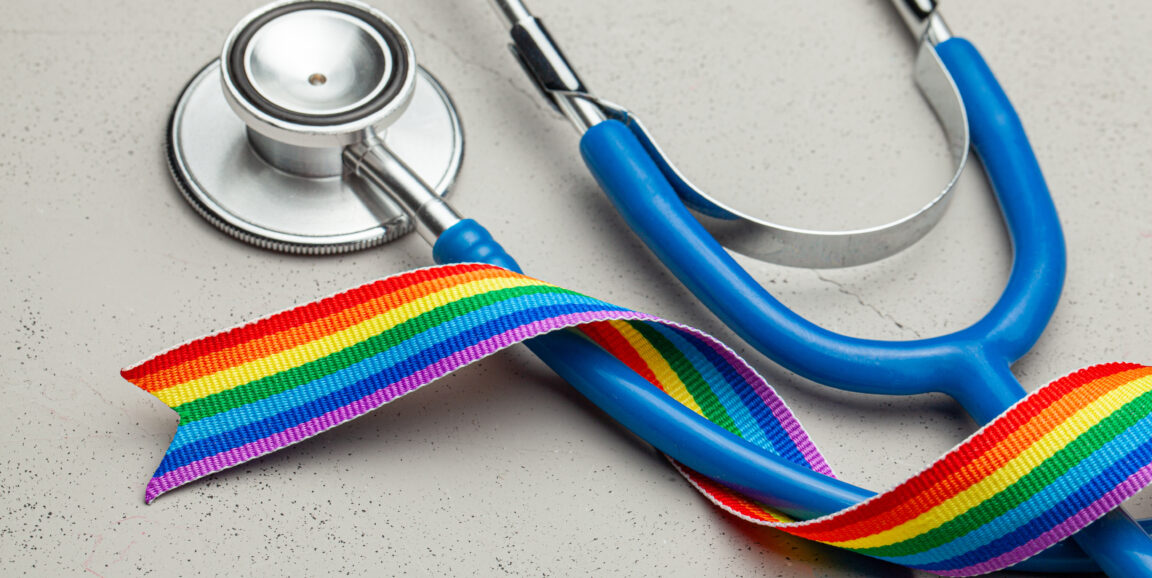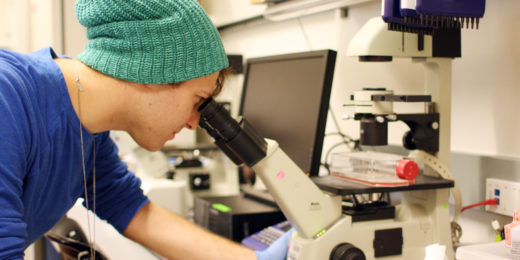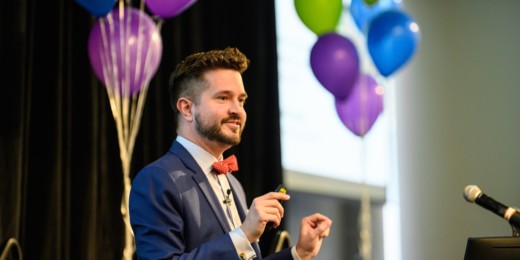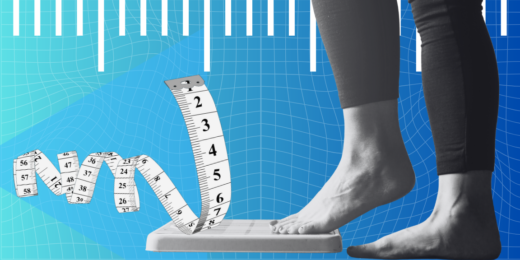I applied to medical school five years ago. (Wow, time really flies, doesn't it?). At the time, marriage equality was still being contested in the U.S. Supreme Court, and about one-third of all LGBTQ-identifying medical students reported concealing their sexual orientation and/or gender identity throughout medical school.
As a gay MD/PhD program applicant myself, I knew that I'd be committing seven or eight years of my life to whichever institution I attended; and I wanted to be confident in my ability to "bring my entire self" wherever I ended up. Accordingly, I made sure to ask the program director of every medical school where I interviewed the same question: "I'm gay--what does [medical school name] do to support LGBTQ+ diversity and inclusion among its medical students?"
I was surprised to find that most admissions staff had a pretty hard time answering my question. To be fair, I myself wasn't super sure what I was looking to hear -- but I definitely didn't expect the question to take so many people by surprise. Among the more helpful responses were those that mentioned the names of specific students who had volunteered to meet incoming LGBTQ+ applicants, which was nice. Others were focused on quickly affirming the program's general commitment to the values of diversity and inclusion, which was also nice -- but rarely specific enough to be helpful. And one program director, whom I will never forget, simply rambled through a 10-minute story about how one of his colleagues had recently proposed to her female partner and invited their entire division to the ceremony, which he had attended the previous week. It sounded like a beautiful moment, but he didn't really answer my question.
Now, as an out and very openly gay medical student here at Stanford, I am frequently asked by LGBTQ-identifying applicants about being "out" on medical school applications. Is it worth the risk of facing discrimination in the admissions process? Does it make sense to be "out" on your application if you're not an "activist?" How can you know if a program will be a safe place for you, and how do you ask?
Here's my advice, based on experience:
Tip 1: Be as "out" as you want during the admissions process. This is a personal decision. For you, that might mean being 100% stealth through the admissions process. It might mean checking the LGBTQ+ box that some applications have. Or it might mean writing your entire personal statement about how you want to be an LGBTQ+ health care specialist. Do whatever makes you feel safe and confident. Remember: It is the institution's responsibility to make you feel comfortable bringing your entire self to their program, no matter how "out" you choose to be. Any program that would discriminate against you for being who you are isn't somewhere you want to go anyway.
Tip 2: Ask about specific diversity/inclusion resources for LGBTQ+ students -- this is evidence of true commitment. Look for:
- Dedicated staff for LGBTQ+ advocacy and program development.
- An active(!) LGBTQ+ med student affinity organization with a faculty mentor.
- Evidence that a school (semi-)regularly invites LGBTQ+ faculty/speakers for grand rounds, keynote speeches, etc.
- Protected funding that supports advocacy, research, conference travel and community building events among medical students.
- Current LGBTQ+ medical students (and not just cisgender gay men) who self-report that they feel supported and happy.
- Evidence that a school supports its students of color. LGBTQ+ communities don't exist in a vacuum -- intersectionality is critical, and a pan-cultural senate like the Stanford University Minority Medical Alliance (SUMMA) can be a great place for students to support one another.
Tip 3: Remember that you are not alone. When I applied to medical school back when Obama was still president (a different era, truly), I was really afraid that being a queer person in med school would be lonely. Many of my friends felt the same way. Since coming to medical school, I've seen that there's actually a really strong network of LGBTQ+ people in health care who REALLY look out for each other. Tap into that network. We want to hear from you. We're excited to meet you.
Stanford Medicine Unplugged is a forum for students to chronicle their experiences in medical school. The student-penned entries appear on Scope once a week during the academic year; the entire blog series can be found in the Stanford Medicine Unplugged category.
Tim Keyes is an MD/PhD student in Stanford's Medical Scientist Training Program. He likes microglia, snowmobiles, pop music written for teenage girls, and going on terrible first dates. Follow him on Twitter at @timothykeyes
Photo by adagran






